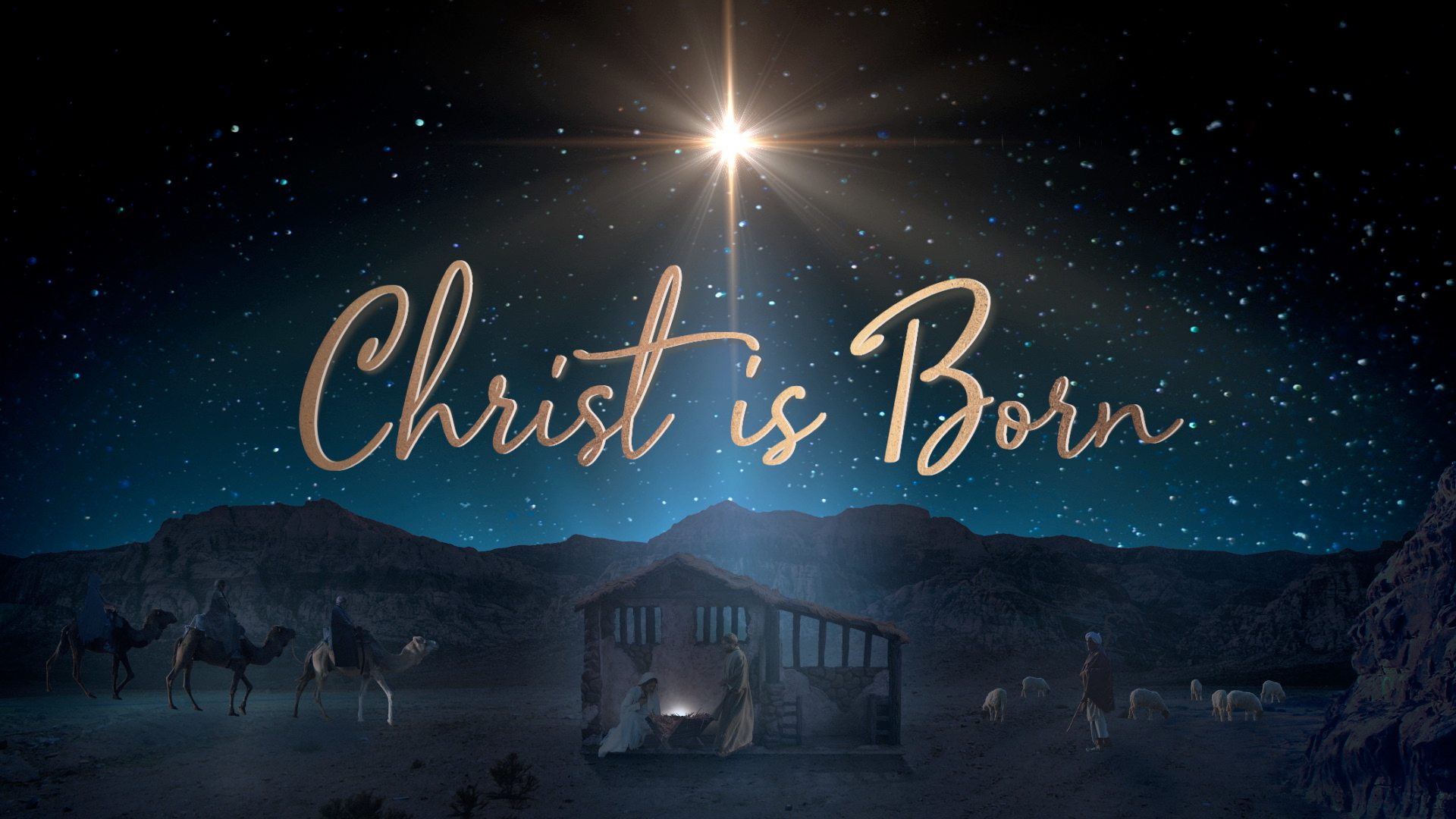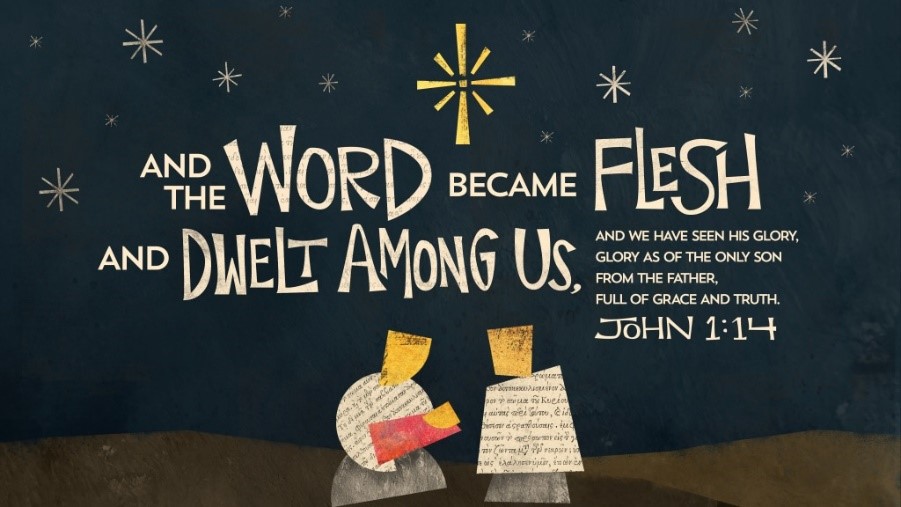In a May
2000 article featured in Christianity
Today, author Philip Yancey once reflected on the verse from Romans 8:28
where Paul remarks, “And we know that for those who love God all things work
together for good, for those who are called according to his purpose.” Yancey
illustrated that grand truth with the following story:
“In high school, I took
pride in my ability to play chess. I joined the chess club, and during lunch
hour could be found sitting at a table with other nerds poring over books with
titles like Classic King Pawn Openings.
I studied techniques, won most of my matches, and put the game aside for 20
years.
Then, in Chicago, I met a truly fine chess player who had been
perfecting his skills long since high school. When we played a few matches, I
learned what it is like to play against a master. Any classic offense I tried,
he countered with a classic defense. If I turned to more risky, unorthodox
techniques, he incorporated my bold forays into his winning strategies.
Although I had complete freedom to make any move I wished, I soon reached the
conclusion that none of my strategies mattered very much. His superior skill
guaranteed that my purposes inevitably ended up serving his own.
Perhaps God
engages our universe, his own creation, in much the same way. He grants us
freedom to rebel against its original design, but even as we do so we end up
ironically serving his eventual goal of restoration. If I accept that
blueprint-- a huge step of faith, I confess—it transforms how I view both good
and bad things that happen. Good things, such as health, talent, and money, I
can present to God as offerings to serve his purposes. And bad things,
too—disability, poverty, family dysfunction, failures—can be redeemed as the
very instruments that drive me to God.
A skeptic might accuse me of flagrant
rationalization, arguing backwards to make evidence fit a prior conclusion.
Yes, exactly. A Christian begins with the conclusion that a good God will
restore creation to its original design, and sees all history as proceeding
toward that end. When a Grand Master plays a chess amateur, victory is assured
no matter how the board may look at any given moment. In a miracle of grace,
even our personal failures can become tools in God's hands.”1
Now there’s a
great thought going into the New Year! No matter what may come about—disease,
disaster, debt or death—all events are playing into the script God has written.
Just look into the pages of Scripture and take notice of how God brought good
out of evil. Joseph’s imprisonment was a backdoor into the palace. Job’s
suffering eventually came to end and he was doubly blessed in all his possessions.
Daniel was miraculously preserved through the lion’s den. The martyrdom of Steven haunted the conscience of Saul until the risen Jesus gloriously saved him and made him into the Apostle Paul. Most of all, Jesus
died on the cross--the greatest act of evil and injustice ever perpetrated--only to conquer death on the third day.
To judge God solely on the basis of the evil we see in this fallen planet would be unfair. Perhaps another illustration will help. Imagine
this scenario: vandals break into a museum displaying works from Picasso’s Blue
Period. Motivated by sheer destructiveness, they splash red pain all over the
paintings and slash them with knives. It would be the height of unfairness to
display these works—a mere sampling of Picasso’s creative genius and spoiled at
that—as representative of the artist. The same applies to God’s creation. What we see today has been spoiled by humanity's sin. However. God
has already hung a “Condemned” sign above the earth, and has promised judgment
and restoration.2
Just because God has not dealt with evil and injustice yet, doesn't mean that He never will. Solomon was right, “He
has made everything beautiful in its time” (Ecc. 3:11). Only a truly sovereign God has the ability to redeem evil for His purposes and reverse the curse of sin. And only looking from the lens of eternity can we accurately judge what God is doing in time.
1. Philip Yancey, "Philip Yancey: Chess Master," Christianity Today, 22 May 2000 <http://www.christianitytoday.com/ct/2000/may22/35.112.html?start=1>
2. Philip Yancey, Where Is God When It Hurts? (Grand Rapids, MI: Zondervan, 1990), 58-59.


